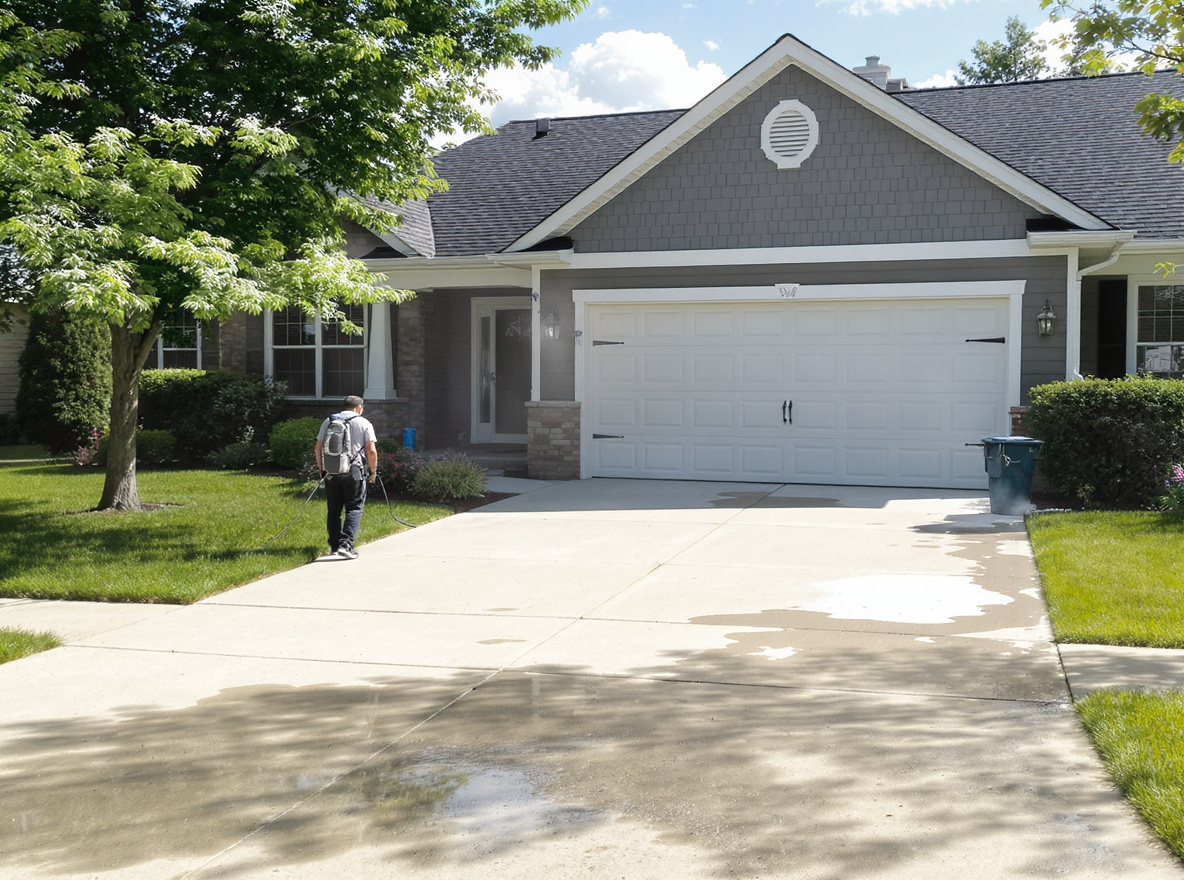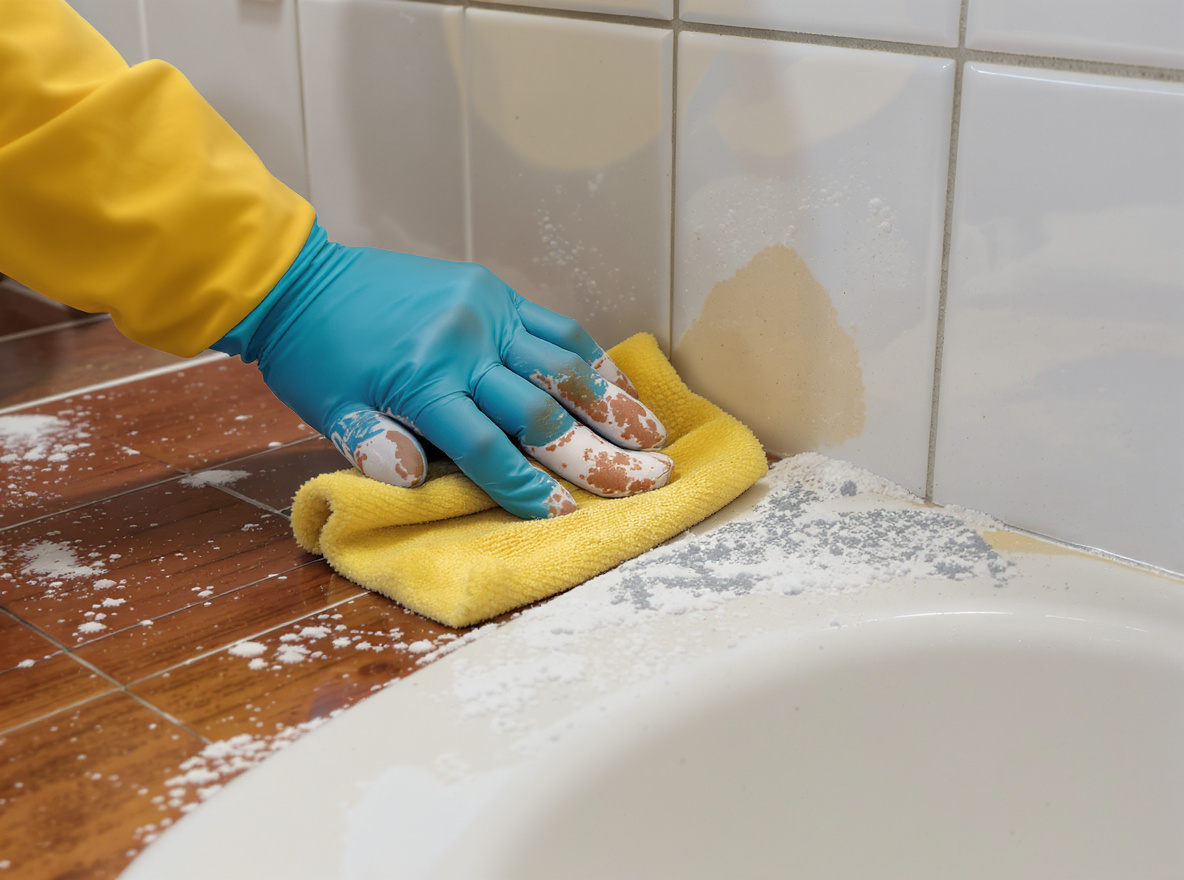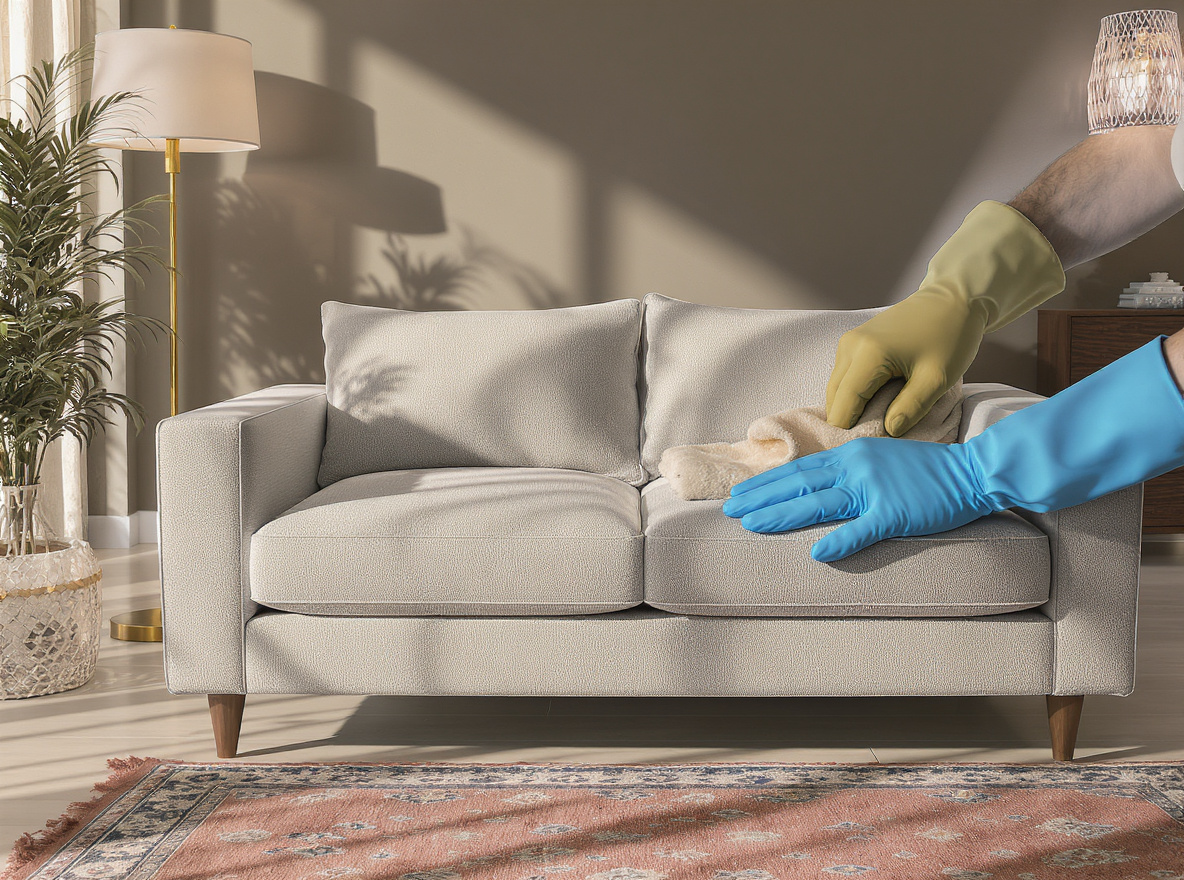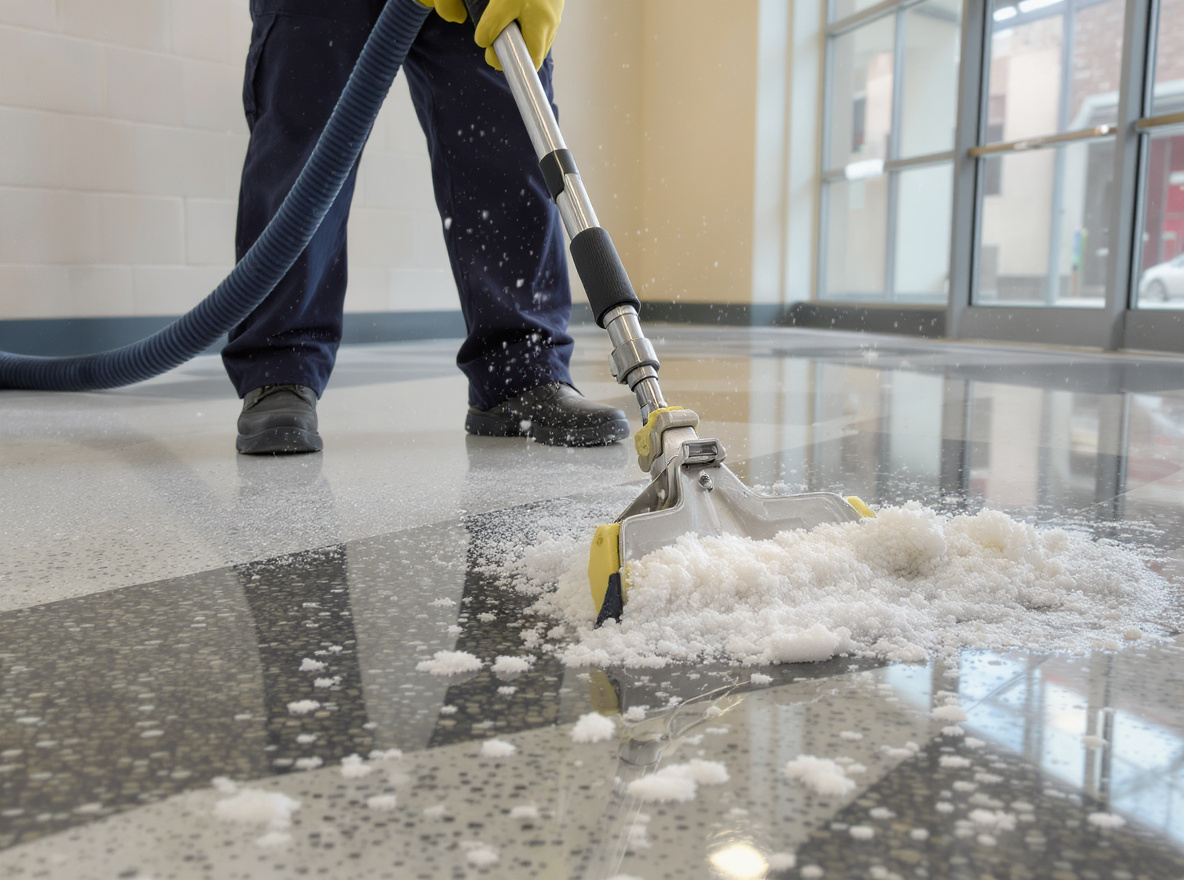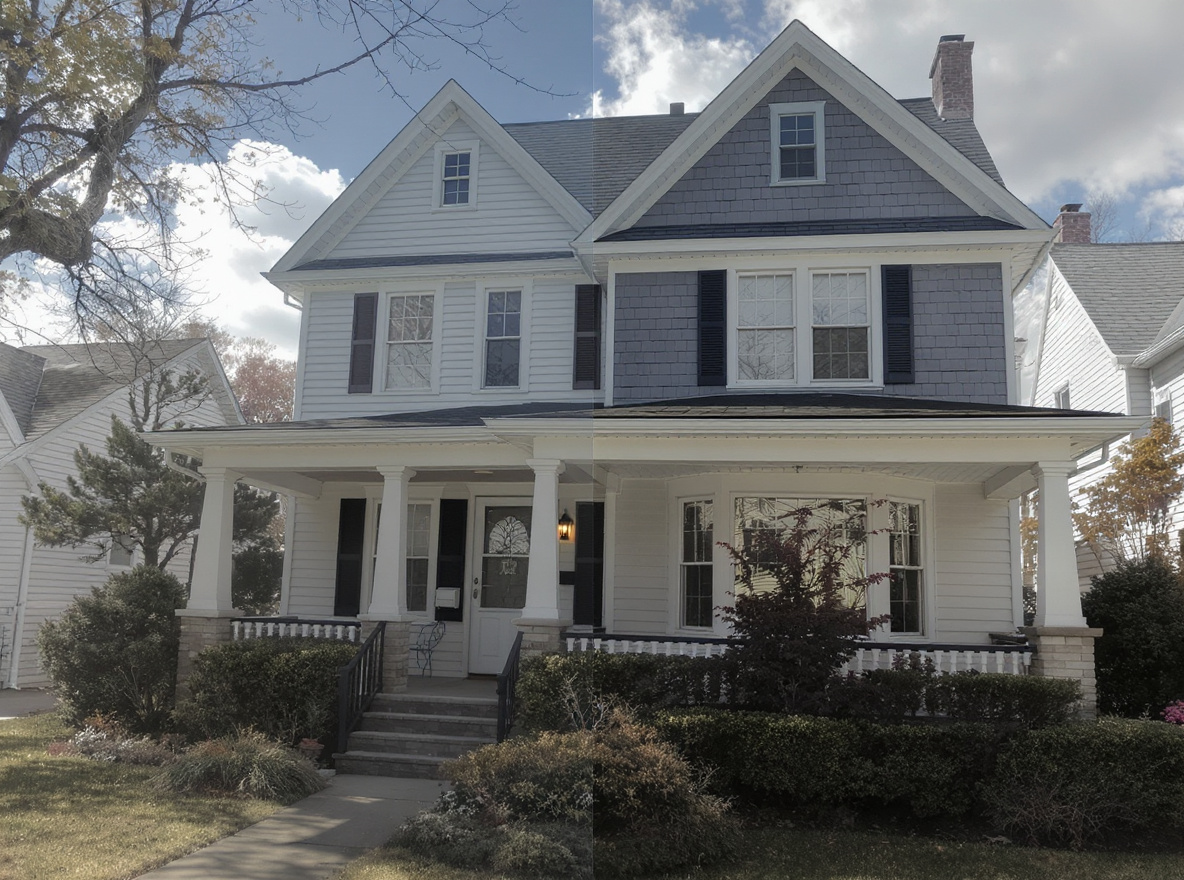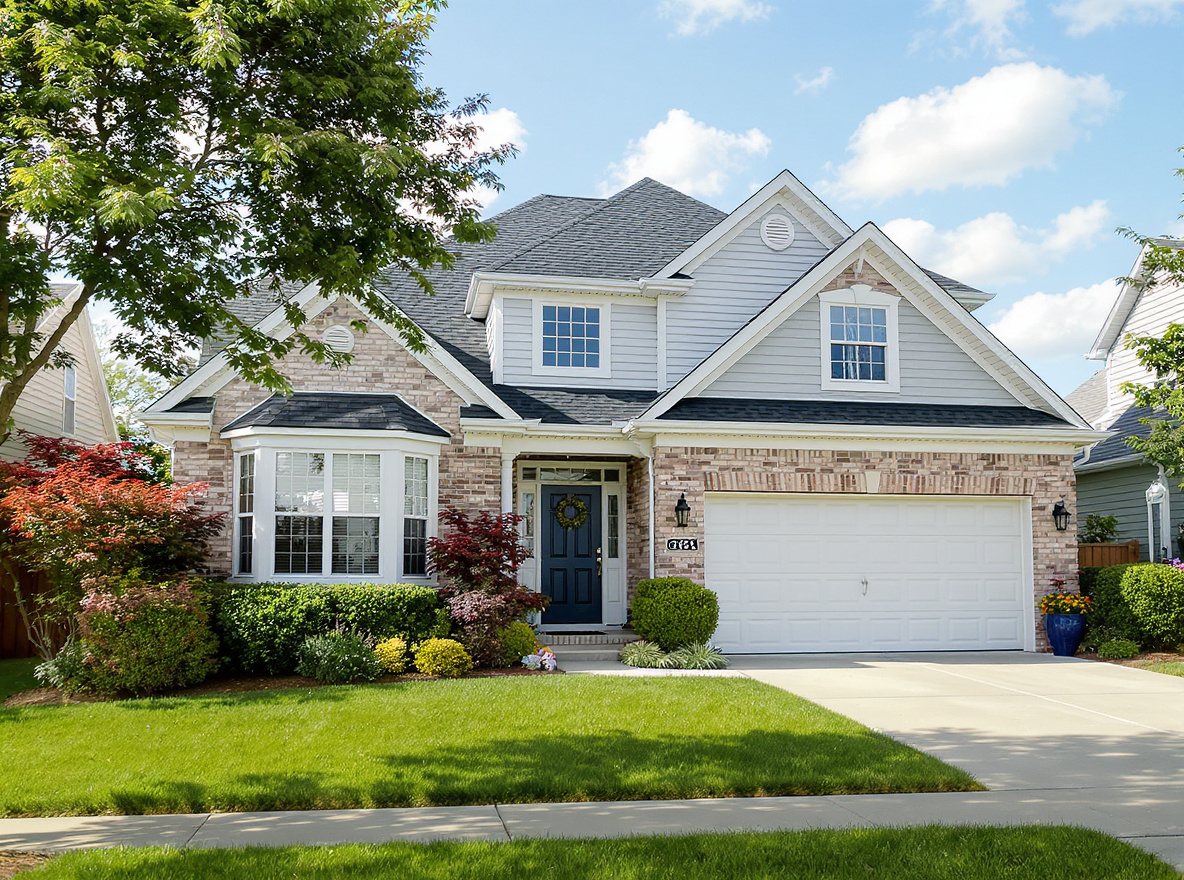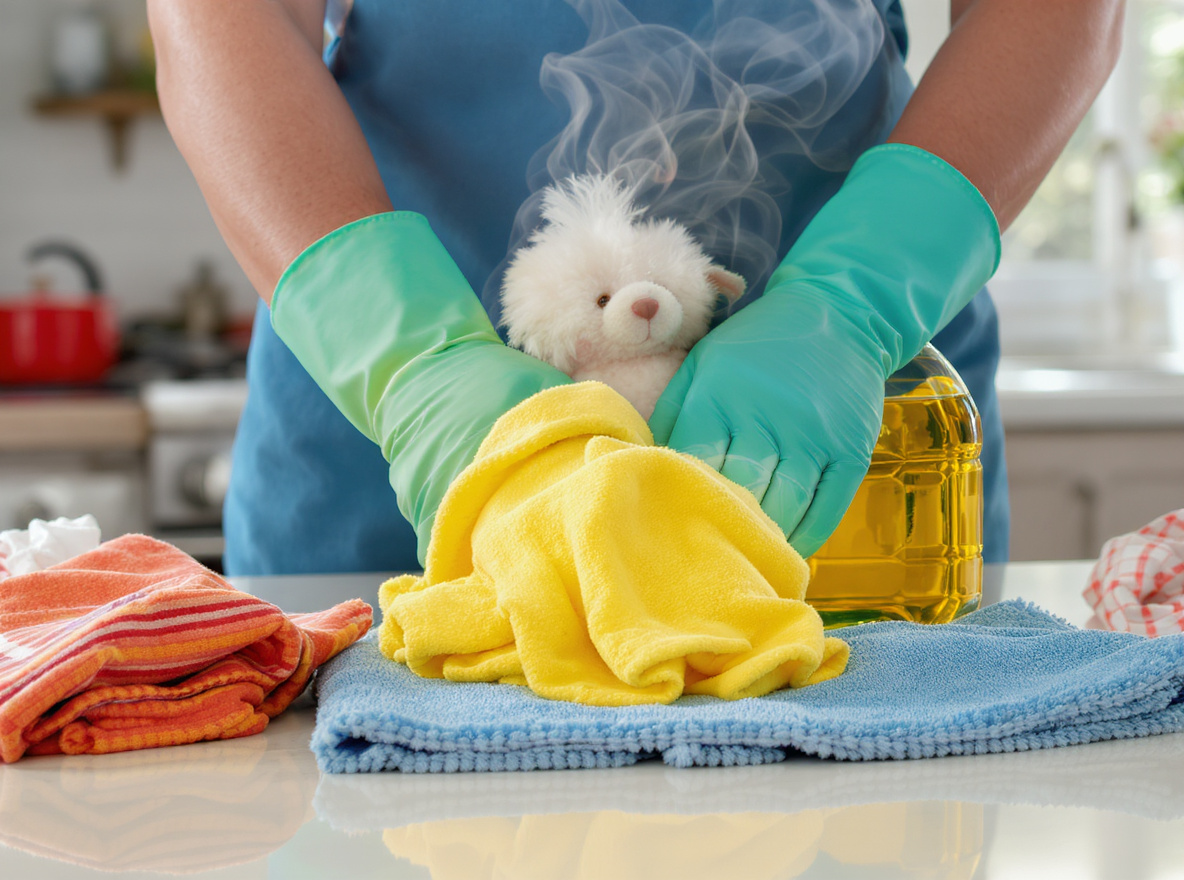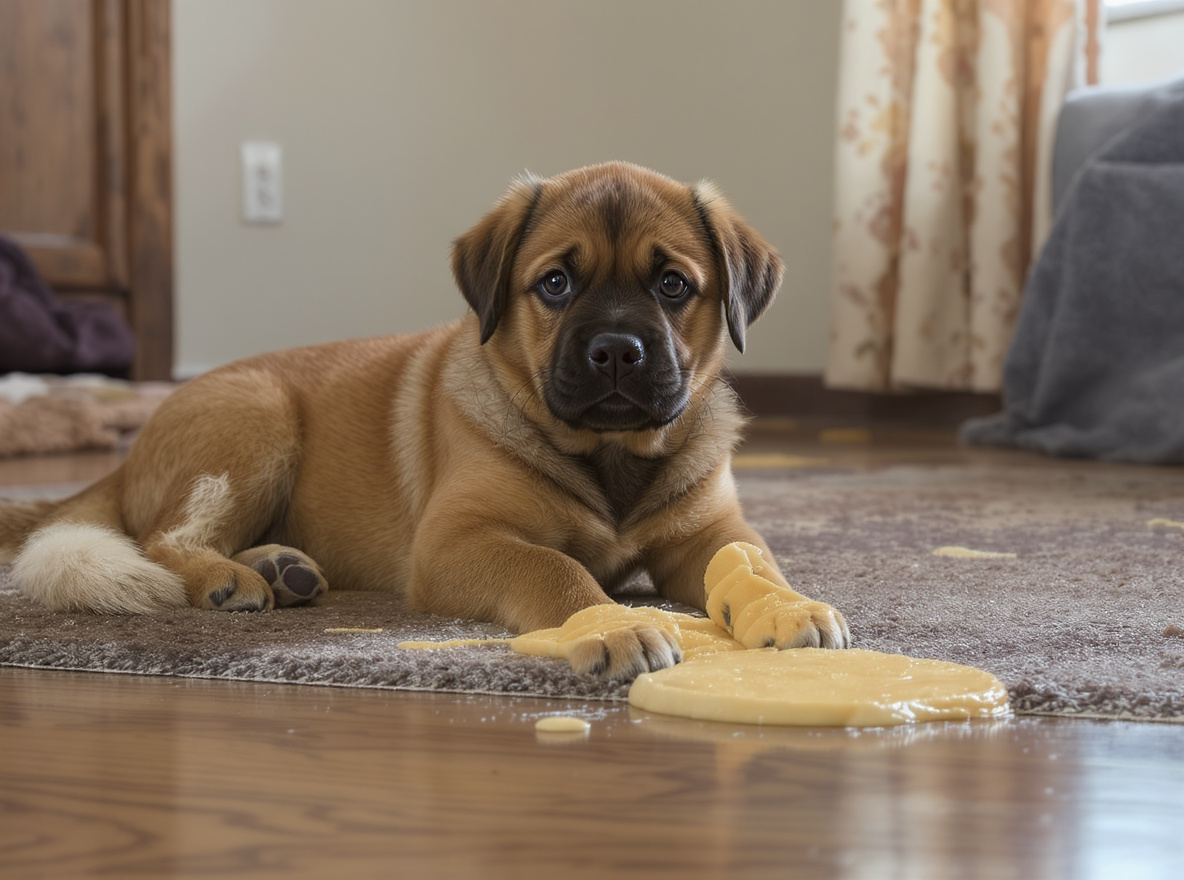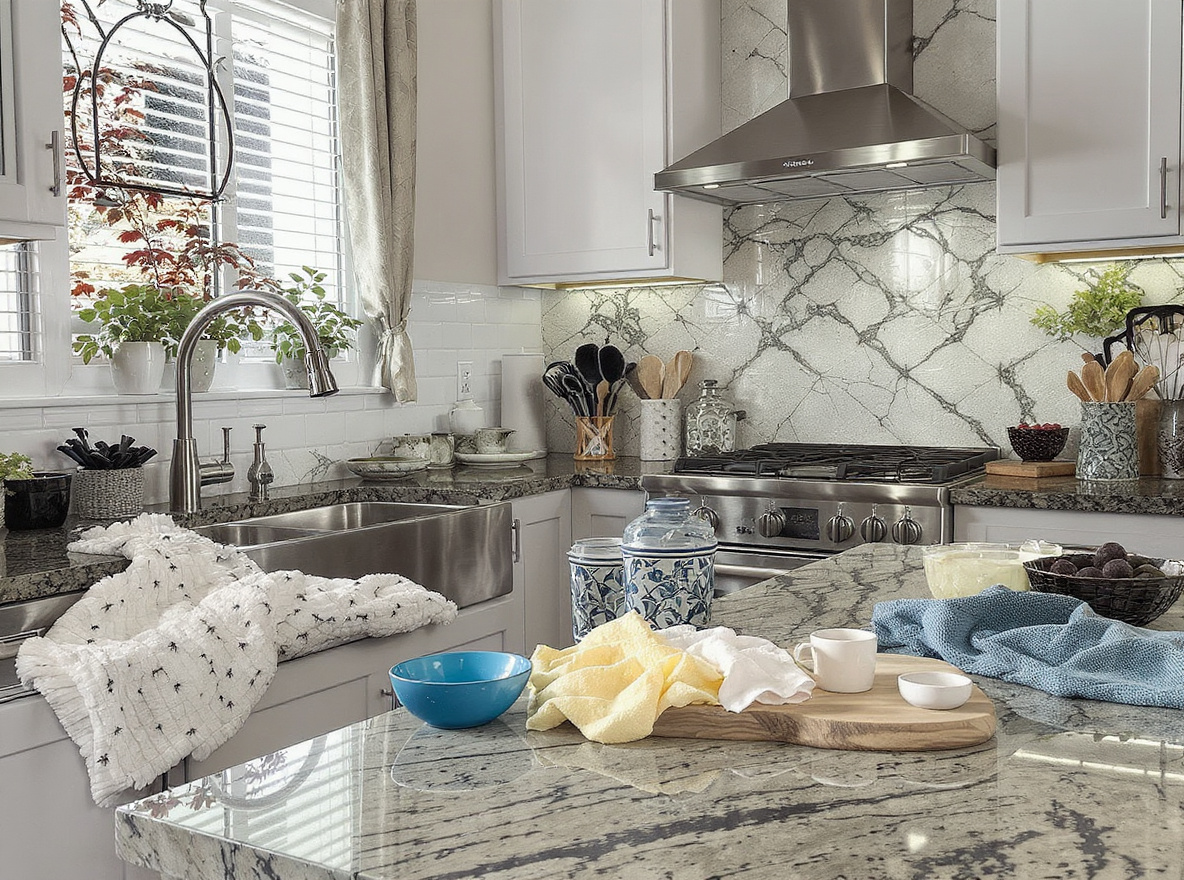The ultimate guide to natural DIY cleaners for every room in your house
If you’ve ever wrinkled your nose at a harsh chemical cleaner or wondered what really lurks in that neon-blue bottle under the sink, you’re not alone. The movement toward homemade cleaners and DIY natural cleaning is sweeping across kitchens, bathrooms, and living rooms everywhere. Why? Because people want homes that sparkle—without risking their health or the planet in the process.
Welcome to your deep-dive, no-holds-barred guide to chemical-free cleaning that actually works. We’re talking head-to-toe solutions for every single room in your home, using ingredients you can pronounce and probably already have in your pantry. Let’s roll up those sleeves and get started.
Why should you ditch commercial cleaners?
Before we get into the nitty-gritty, let’s address the elephant in the (freshly mopped) room: why bother making your own cleaners?
- Health: Many store-bought cleaners contain ingredients linked to allergies, asthma, skin irritation, and in some cases, even long-term health risks like reproductive harm and cancer.
- Environment: Homemade cleaners cut down on plastic waste and toxic chemical runoff, making them kinder to our water and air.
- Savings: Most DIY recipes cost pennies per bottle—far less than commercial alternatives.
- Simplicity: Imagine replacing a cabinet full of bottles with a handful of multi-use basics.
The dream team: Essential DIY cleaning ingredients
Let’s meet your starting lineup—for homemade cleaners, these are your all-stars:
- Baking soda: Deodorizes, gently scrubs, and lifts stains.
- Distilled white vinegar: Cuts grease, tackles bacteria, and dissolves mineral deposits (but avoid on marble, granite, and stone).
- Castile soap: Mild, plant-based cleanser for dishes, surfaces, hands—heck, even laundry.
- Hydrogen peroxide: A bleach alternative for stain lifting and sanitizing. Use with care.
- Rubbing alcohol: Streak-free polishing for glass and mirrors.
- Essential oils: Tea tree, lavender, peppermint, lemon, and citrus add natural fragrance and sometimes antibacterial oomph. Remember: essential oils must be diluted, and some aren’t safe for pets.
- Borax: Boosts cleaning power (optional for those looking to level up).
- Washing soda: Stronger than baking soda, great for heavy-duty jobs.
You can solve almost any cleaning dilemma with variations of these ingredients.
All-purpose cleaner (for every surface that can handle it)
When in doubt, reach for this classic DIY natural cleaning spray.
Basic recipe:
- 1/4 cup vinegar
- 12-20 drops essential oil (tea tree, lemon, or lavender work well)
- 1 teaspoon castile soap or washing soda
- 2 cups boiled or distilled water
Shake it up in a spray bottle. Use on counters, appliances, tile, and more. Always spot-test on new surfaces.
Feeling extra? Add a teaspoon of borax for stubborn grime.
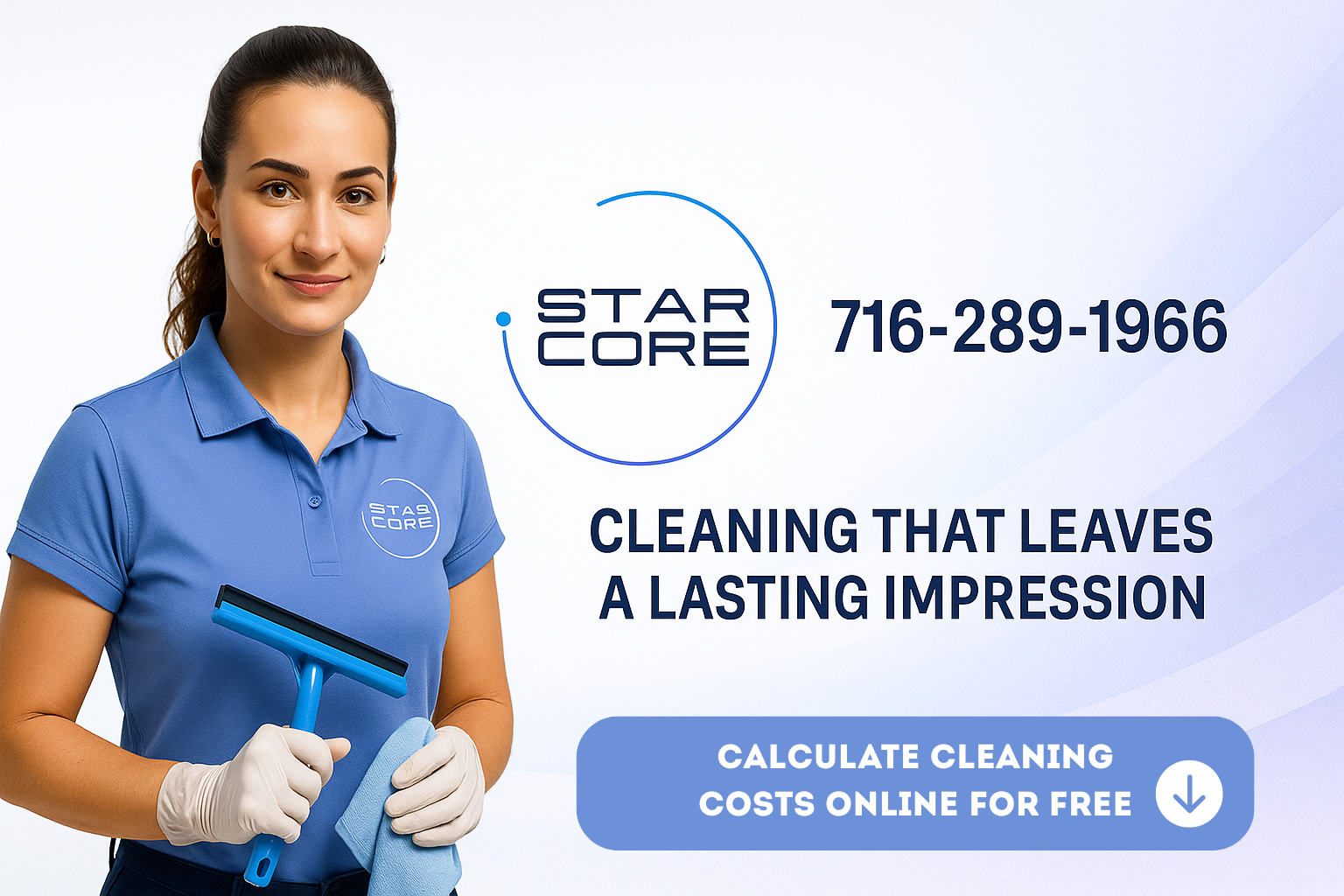
If you’re looking for a trusted and high-quality cleaning service in Buffalo, Tonawanda, or Amherst —
get a free quote online.
You can also call us at 716-289-1966.
Kitchen: Grease & grime, meet your match
Grease-cutting counter cleaner:
- Fill a spray bottle with a 1:1 mix of white vinegar and water.
- Optional: Add lemon or orange essential oil for scent and extra degreasing.
- For sticky spots, sprinkle baking soda first, then spray with vinegar solution, and wipe clean.
Stove & oven scrub:
- Make a paste with baking soda and water, spread over grimy areas.
- Let it sit for 15-30 minutes, then scrub and wipe.
Dish soap:
- 1 part castile soap
- 3 parts water
- A few drops of essential oil (lemon is classic)
Shake before use. Cuts grease, skips the synthetic fragrances.
Bathroom: Tackling soap scum, mold, and germs
Tub & tile scrub:
- Sprinkle baking soda liberally on surfaces.
- Spray with vinegar.
- Let it fizz, then scrub with a brush.
Mold & mildew buster:
- Spray undiluted hydrogen peroxide on grout or corners.
- Let it sit for 10 minutes, then scrub.
Toilet bowl cleaner:
- Toss in 1/2 cup baking soda and 1 cup vinegar.
- Scrub after the fizzing stops.
Mirror & glass cleaner:
- Mix equal parts rubbing alcohol and water in a spray bottle.
- Wipe with a microfiber cloth for streak-free shine.
Living room: Floors, fabrics, and furniture
Wood floor cleaner:
- 1/2 cup white vinegar
- 1 gallon warm water
- Damp mop (don’t saturate wood).
Carpet deodorizer & stain remover:
- For odors: sprinkle baking soda, let sit, vacuum.
- For stains: mix equal parts vinegar and water, dab on stain, blot dry.
Dusting spray:
- 1 cup water
- 1/2 cup vinegar
- 2 teaspoons olive oil
- Shake, spray lightly, and polish with a soft cloth.
Bedroom: Sleep easy with chemical-free cleaning
Mattress refresher:
- Sprinkle baking soda over mattress, let sit for 1 hour.
- Vacuum thoroughly.
Fabric refresher spray:
- 1 cup water
- 2 tablespoons vodka or rubbing alcohol
- 5-10 drops essential oil.
- Spray lightly on linens or curtains.
Closet deodorizer:
- Place an open jar of baking soda or a sachet of dried lavender on the shelf.
Laundry room: No more synthetic fragrance overload
DIY laundry detergent:
- 1 cup washing soda
- 1 cup baking soda
- 1 bar grated castile soap.
Mix and use 2-3 tablespoons per load.
Brightening whites:
- Add 1/2 cup hydrogen peroxide to the wash (test first for colorfastness).
Fabric softener:
- 1/2 cup vinegar in the rinse cycle—removes residue, softens naturally.
Kid & pet-friendly spaces
- Stick to the mildest solutions: water, vinegar, castile soap, and baking soda.
- Avoid essential oils known to be toxic to pets (e.g., tea tree, peppermint, citrus).
- Always rinse surfaces and toys thoroughly.
Frequently asked questions (and honest answers)
Do homemade cleaners really work? Yes—on most everyday dirt, grime, and mess, homemade cleaners perform just as well (and sometimes better) than commercial cleaners, without coating your home in mystery chemicals.
What’s the shelf life? DIY natural cleaning solutions are best made in small batches. Vinegar-based sprays last several weeks; those with fresh ingredients (like lemon juice) should be used up in a week or so.
Is vinegar safe on all surfaces? No. Avoid vinegar on natural stone (granite, marble), waxed wood, and some metals. Always spot-test.
Is it really chemical-free? Technically, water is a chemical! But when we say chemical-free cleaning, we mean free from the harsh, potentially hazardous artificial chemicals found in most store-bought cleaners.
Room-by-room cheat sheet
| Room | Go-to cleaner | Specialty tactics |
|---|---|---|
| Kitchen | Vinegar + water spray, baking soda | Degrease stove, deodorize fridge |
| Bathroom | Baking soda scrub, hydrogen peroxide | Remove mildew, clean grout |
| Living room | Olive oil/vinegar dust spray, baking soda carpet refresh | Polish wood, deodorize upholstery |
| Bedroom | Baking soda mattress refresh, essential oil fabric spray | Freshen closets and linens |
| Laundry | Washing soda, castile soap detergent | Brighten whites, soften naturally |
| Kids/pets | Mild castile soap/clean water | Avoid certain essential oils |
Expert tips & real-world wisdom
- Less is more: You don’t need a different cleaner for every surface. Most DIY blends are multipurpose.
- Label everything: Jars of “mystery spray” aren’t helpful.
- Rinse wisely: Vinegar and baking soda can leave residue. For shiny surfaces, wipe with damp microfiber afterward.
- Ventilate: Even natural cleaning can stir up particles—keep the air moving.
Conclusion: Make the switch (and never look back)
Homemade cleaners aren’t just a trend—they’re a return to DIY natural cleaning traditions that actually work and feel good. With minimal effort, you can create a home that’s truly clean: not just on the surface, but in the very air you breathe.
So next time you tackle the dirty work, raise your spray bottle high. You’re not just cleaning. You’re living chemical-free, planet-friendly, and smart. That’s not just natural—it’s downright revolutionary.
Welcome to cleaner living—the bold, the simple, the homemade way.
Happy cleaning, you eco-warrior!
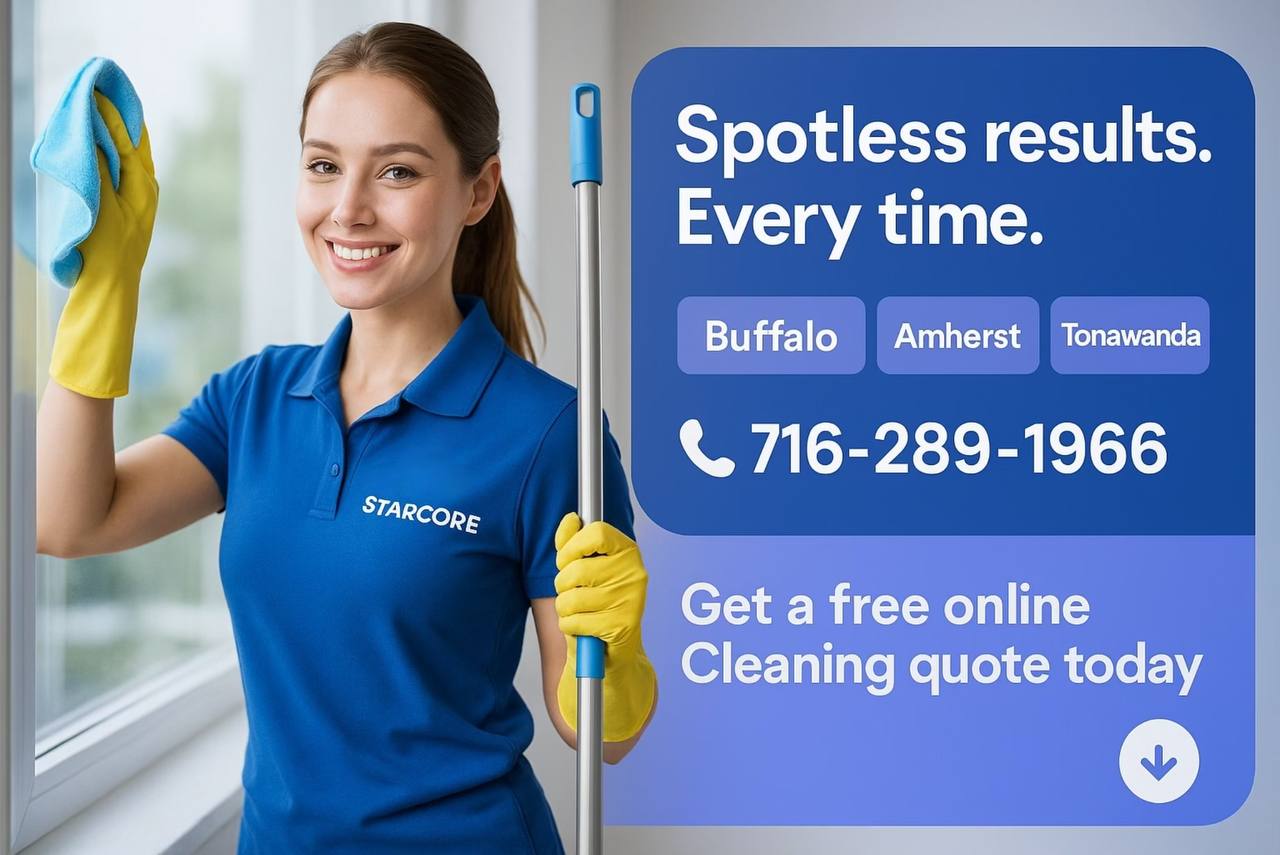
With all the information provided, it’s essential for homeowners in Buffalo to find effective cleaning solutions that suit their needs. For those in Tonawanda, a busy cleaning schedule means professional assistance is invaluable. Meanwhile, residents in Amherst can benefit from our services to maintain their homes in top condition. Don’t hesitate to
get a free quote online or contact us at 716-289-1966.
Frequently asked questions
- Can I use vinegar on all surfaces? No, avoid using vinegar on natural stones like granite and marble.
- How do I store homemade cleaners? Keep them in labeled containers within a cool, dark place for longevity.
- Can I add essential oils to any cleaner? Yes, as long as the oil is safe for your cleaning solution and surfaces.
- Are DIY cleaners safe for kids and pets? Generally, yes, but always ensure they’re fully rinsed from surfaces and toys.
- How often should I clean with DIY solutions? It depends on your usage, but regular cleaning is advised to reduce buildup.



